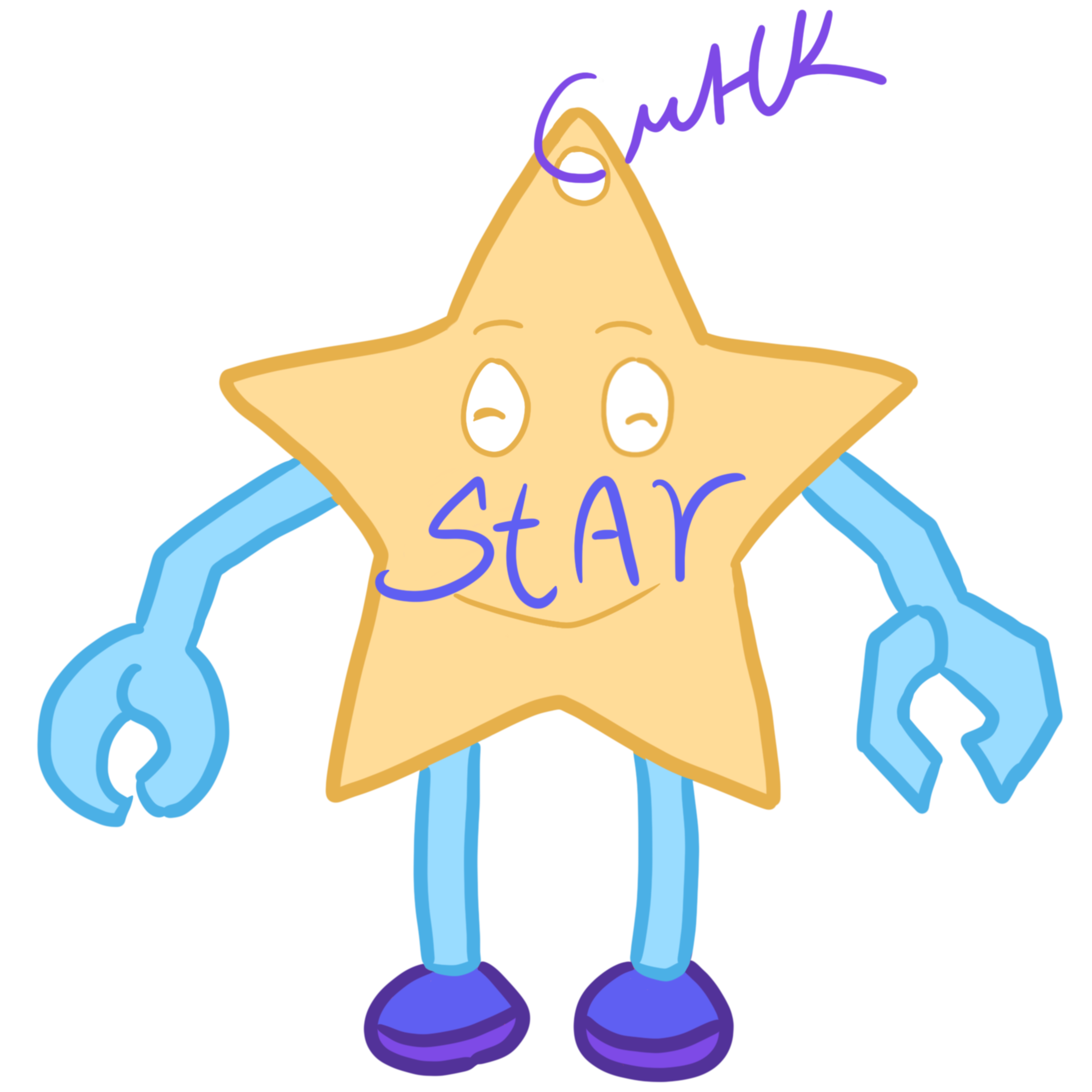Science and Technology for Autism Remediation (STAR) Limited
Prof. SO Wing Chee Catherine
S-KPF
The fact that these conditions worsen with age highlights the need for early intervention. Nevertheless, current treatment is either insufficient (from limited governmental resources) or expensive (for private practices), posing barriers particularly for low-income families. Besides limited educational and vocational opportunities for ASD children, their families are further burdened when parents reduce or cease employment altogether to take care of them.
The curriculum encompasses self-care, conversation and vocational training, operating on a one-on-one or small group basis at individual’s homes, the STAR centre or online. Learning modules and intervention intensity for each child are personalised based on their autism severity and cognitive abilities. Schools and NGOs may also subscribe to the curriculum, supported with regular training and technical assistance from STAR. STAR listens to the needs of children with ASDs.
Aside from designing new lessons to cater for other learning needs, they are working on an interactive learning model with real-time performance analysis, that tailored intervention for each child could be more readily developed.
Moreover, STAR facilitates the social inclusion of these children by equipping them with necessary skills in their workplace and social lives, while promoting their economic self-sufficiency by actualising their potential. Hailed as an innovative and successful intervention, STAR’s programme is expected to inform policies in special needs education.
Science and Technology for Autism Remediation (STAR) Limited
Prof. SO Wing Chee Catherine
S-KPF
Autism spectrum disorders (ASDs) are becoming prevalent around the world. The estimated number of people with ASDs at all ages – currently at 70,000 – is projected to climb. Children with ASD are in the grip of communication defects, social interaction barriers and sensory issues, often producing maladaptive responses termed “challenging behaviours”. Such behaviours range from physical and verbal aggression, tantrums and even self-injurious behaviours, distressing parents and caregivers alike.
The fact that these conditions worsen with age highlights the need for early intervention. Nevertheless, current treatment is either insufficient (from limited governmental resources) or expensive (for private practices), posing barriers particularly for low-income families. Besides limited educational and vocational opportunities for ASD children, their families are further burdened when parents reduce or cease employment altogether to take care of them.
Led by Prof Catherine So and Dr Sarah Luk, the interdisciplinary STAR team offers affordable assessments and programmes for children with ASDs. A pioneer in Hong Kong and beyond, their robot-based intervention – RABI – is developed pertaining to the unique learning needs of individuals with ASDs, empirically proven to enhance their communication skills.
The curriculum encompasses self-care, conversation and vocational training, operating on a one-on-one or small group basis at individual’s homes, the STAR centre or online. Learning modules and intervention intensity for each child are personalised based on their autism severity and cognitive abilities. Schools and NGOs may also subscribe to the curriculum, supported with regular training and technical assistance from STAR. STAR listens to the needs of children with ASDs.
Aside from designing new lessons to cater for other learning needs, they are working on an interactive learning model with real-time performance analysis, that tailored intervention for each child could be more readily developed.
Already adopted by 20 local and Macau NGOs and schools since 2015, RABI has served over 900 3 to 18-year-olds, reducing their autism severity while increasing their cognitive abilities. The use of social robots will continue realising improvements in more children with ASDs locally and even internationally, when the STAR team finishes translating their curriculum into English for special schools in Australia.
Moreover, STAR facilitates the social inclusion of these children by equipping them with necessary skills in their workplace and social lives, while promoting their economic self-sufficiency by actualising their potential. Hailed as an innovative and successful intervention, STAR’s programme is expected to inform policies in special needs education.
Children aged 3-18 with ASDs
Parents of children with ASDs
